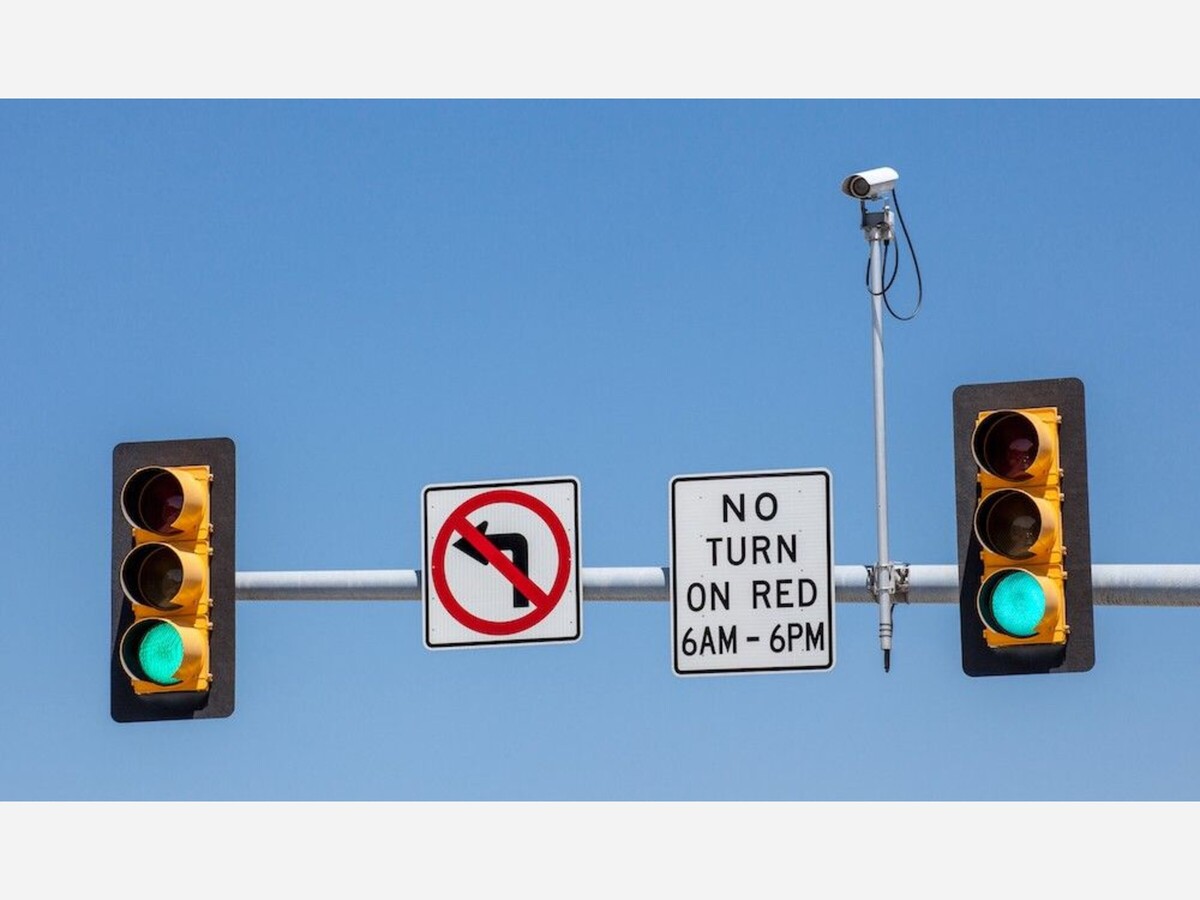Image

In a bold move to enhance road safety and address concerns over privacy, Florida is contemplating a significant change to its traffic enforcement measures. A proposed constitutional amendment, requiring approval from two-thirds of both the Florida House and the Florida Senate, aims to ban red light cameras across the state. Lawmakers almost annually over the past decade have tried to repeal a law that created what is known as the Mark Wandall Traffic Safety Program. The 2010 law, named after a man killed by a motorist who ran a red light, authorized the use of red-light cameras throughout the state.
If successful, the proposal will be placed on the 2024 general election ballot for citizens to vote on. Tidings Media is in favor of a red light camera ban, and we will give you the most compelling reasons grounded in safety, privacy, and public sentiment.
Privacy Concerns
One of the primary arguments in favor of banning red light cameras revolves around privacy concerns. Critics argue that these cameras, intended to capture images of vehicles running red lights, inadvertently intrude on the privacy of individuals. The images captured by these cameras often include the driver and passengers within the vehicle, potentially violating the privacy rights of motorists. A report by the American Civil Liberties Union (ACLU) emphasizes the need to strike a balance between public safety and individual privacy, pointing out the inherent risks associated with pervasive surveillance.
Reliability and Accuracy Issues
Critics of red light cameras have often questioned their reliability and accuracy. Concerns arise from the potential for errors in identifying violators, resulting in innocent drivers being wrongly penalized. A study conducted by the University of South Florida found that red light cameras can sometimes be prone to misidentifying vehicles, leading to unwarranted fines. The introduction of human judgment in reviewing the camera footage can also introduce subjective biases, further compromising the accuracy of the enforcement system.
Inconsistent Enforcement and Revenue Generation
The enforcement of red light cameras has been criticized for being inconsistent across municipalities, leading to disparities in the application of traffic laws. Critics argue that the primary motivation behind the deployment of these cameras is revenue generation rather than enhancing public safety. A study published in the Journal of Urban Economics found evidence of cities strategically placing cameras at intersections with higher traffic volumes, suggesting a profit-driven approach rather than a genuine commitment to improving road safety.
Public Perception and Trust
Maintaining public trust is crucial for the success of any law enforcement measure. Red light cameras have faced widespread criticism, with many citizens perceiving them as a means for municipalities to generate revenue rather than ensuring road safety. The proposed constitutional amendment, by banning red light cameras, seeks to rebuild public trust in traffic enforcement measures. Restoring confidence in the system can encourage greater compliance with traffic laws and promote a safer driving environment.
The amendment SJR 1042, proposed by State Senator Ileana Garcia on Wednesday, would ban the use of “traffic infraction detectors” across the State of Florida but excluding school zones. Rep. David Borrero, R-Sweetwater also on Dec. 8 filed a proposed constitutional amendment (HJR 805) that also would ban red-light cameras on the Florida House of Representatives side.
The proposed constitutional amendment to ban red light cameras in Florida reflects a growing recognition of the concerns surrounding privacy, reliability, and public trust in traffic enforcement measures. Advocates for the ban argue that by removing red light cameras, the state can strike a better balance between public safety and individual privacy rights. As the proposal awaits approval from the Florida House and Senate, followed by a potential referendum in the 2024 general election, it represents a critical step towards reevaluating and reforming traffic enforcement practices in the Sunshine State.